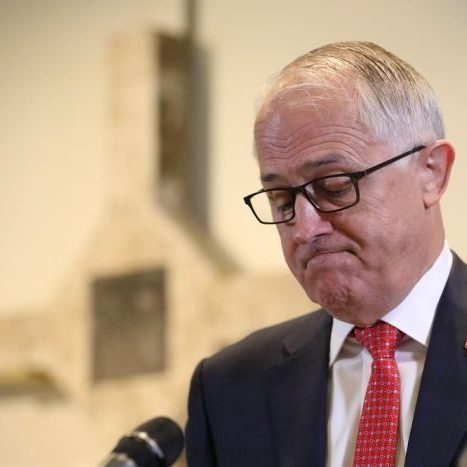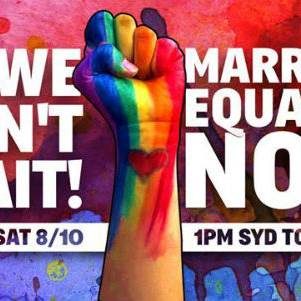
A bill that would have granted same-sex marriage was defeated on Wednesday, and LGBT New Yorkers are reeling from the blow.
The fight for marriage equality was dealt another blow on Dec. 2 when a bill brought before the New York State Senate that would have granted same-sex couples marital rights was defeated by a wide margin of 38-24. Eight Democrats voted against the bill, as well as all 30 Republican senators. LGBT New Yorkers responded with outrage. A call to action by social media networks like Facebook drove thousands of New York queers into the streets to rally in Manhattan’s Union Square.
“The whole thing is deeply disappointing. People are outraged.” Glennda Testone, the Executive Director of the LGBT Community Center in Manhattan, weighed in today on the crushing defeat. “The LGBT Community Center is the first stop for New York families who deal with the impact of this inequality on their lives. We see the effects of this basic lack of marriage rights and protections daily.”
Elected leaders and advocates in support of the bill ask themselves, How did this happen?
New York State Senator Tom Duane introduced the bill to the Senate in 2006 when the New York State Court of Appeals denied same-gender couples equal protection under the law about marriage. With several setbacks and delays—including the complete breakdown of the Senate in June 2009—the bill was brought to the floor for debate on Wednesday afternoon, December 2.
Duane introduced the proposed legislation with a few simple words, “This bill will allow me to marry [my long-time partner], Leo.” Senator Reuben Diaz Jr. led the opposition and laid out an objection based on religious and moral grounds. Diaz maintained that the bill would defy the “will of the people.”
After Diaz’s objections, no less than 17 senators spoke in support of the bill. In closing, Duane invoked the courage of Nelson Mandela and Harriet Tubman when he urged his fellow senators to vote their conscience.
After the bill’s defeat, Duane denounced the outcome from the Senate lobby: “The lesbian, gay, bisexual and transgender community, and all fair-minded New Yorkers, have been betrayed. I am deeply disappointed and profoundly saddened by the vote today.”
Despite the stinging rejection by his fellow senators on one of his most cherished legislative initiatives, Duane suggested a silver lining. “Now that this discussion has started in the Senate, it cannot be stopped. We will see marriage equality pass in New York… shortly—openly, strongly and with bipartisan support.”
In her official capacity, Testone plans to speak out and challenge the opponents of same-sex marriage. She will mobilise all the resources to help those seeking to make marriage legal in New York State. “We have a direct line to the community and will provide resources and host grassroots efforts that pressure lawmakers to come around.”
But for one average lesbian in a long-term committed relationship, the marriage bill vote may have been a mistake. New York filmmaker Kathleen Kiley asserts, “Strategically, it might have been more successful if the first bill was for civil unions. Once that passed, then a marriage bill might succeed.”
Regardless of whether there is a consensus among LGBT New Yorkers on the best way forward, for some, like Testone, Wednesday’s defeat has stiffened their resolve. “This makes me more committed to fighting for our rights and ensuring our families are protected.”


